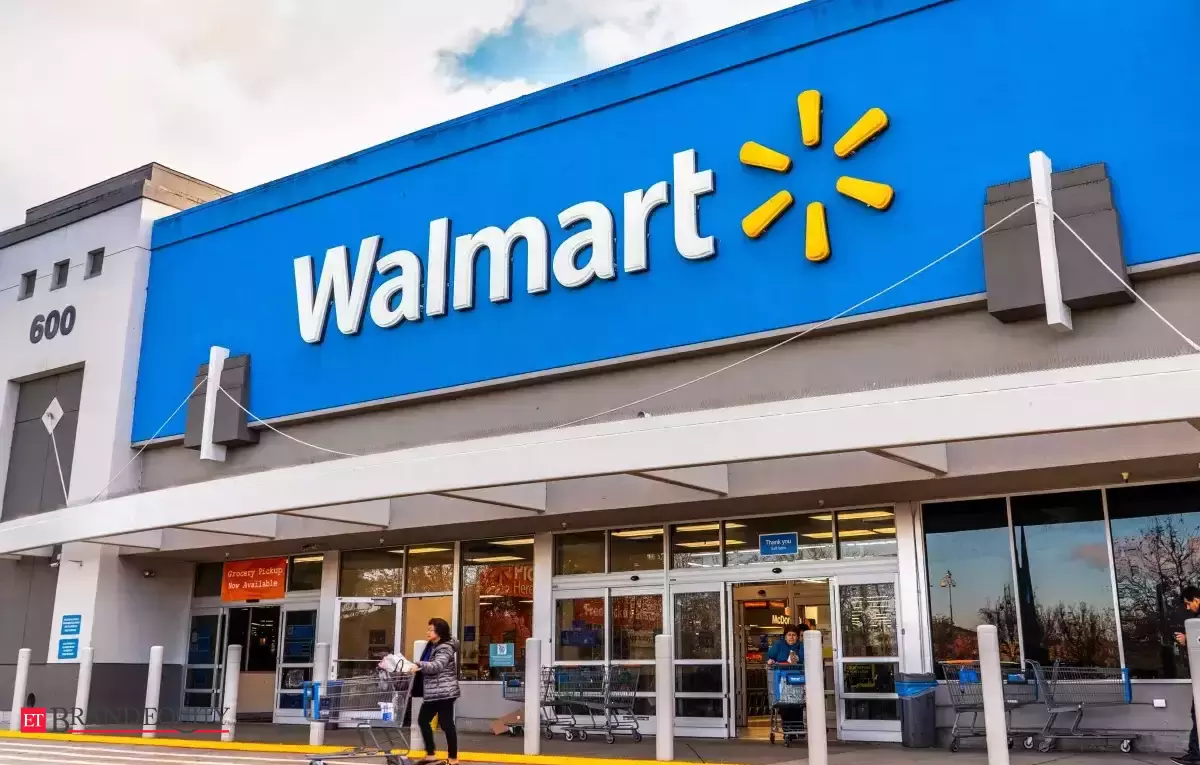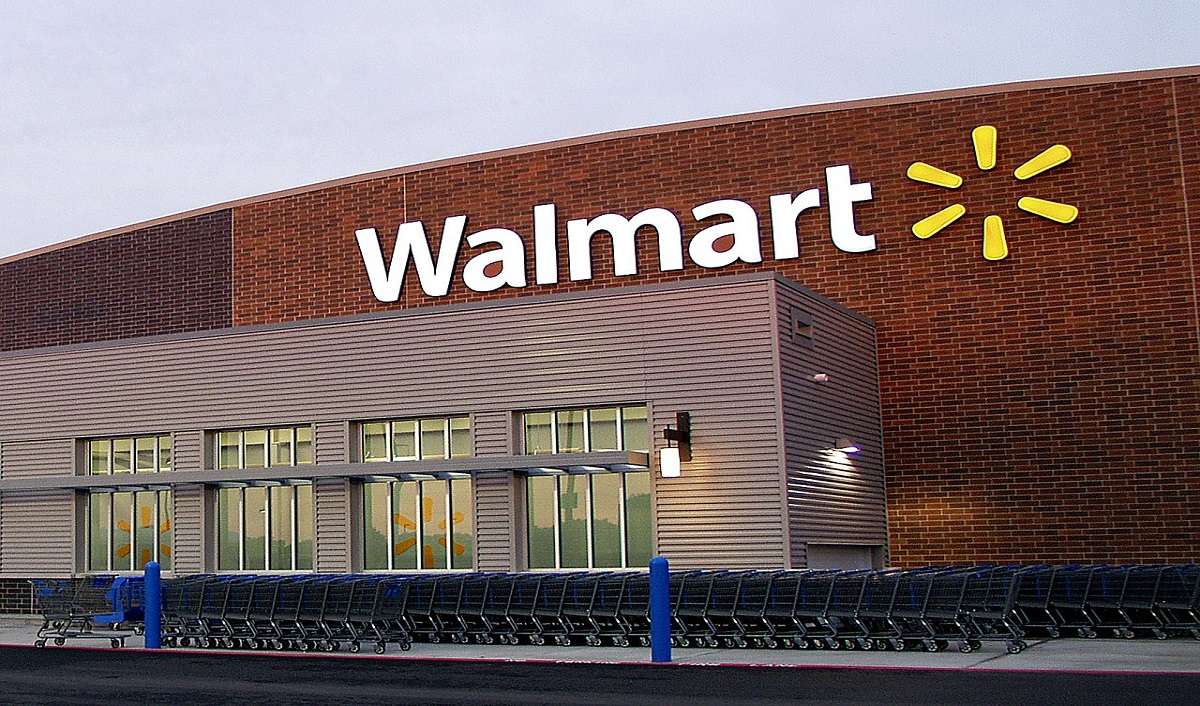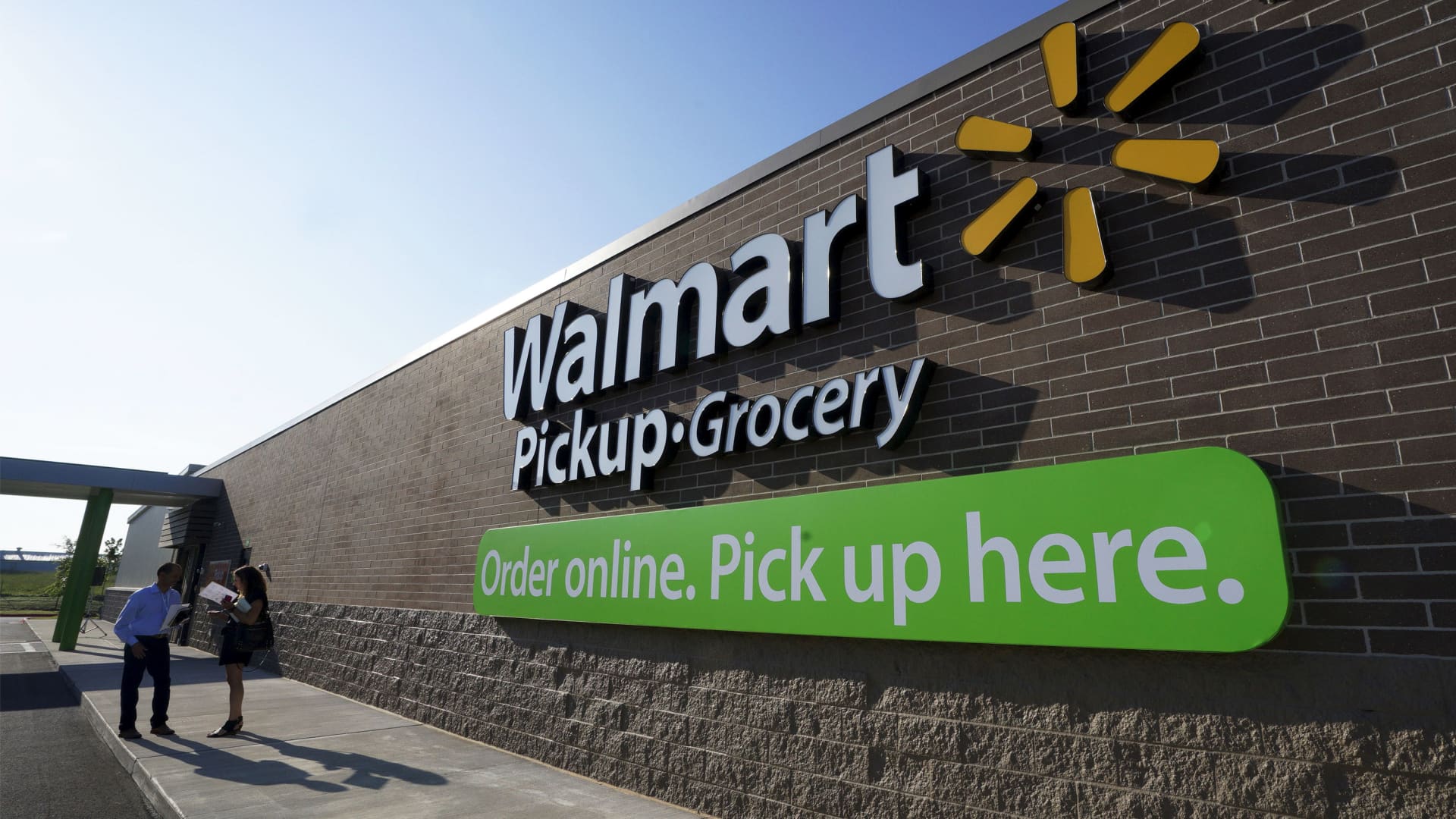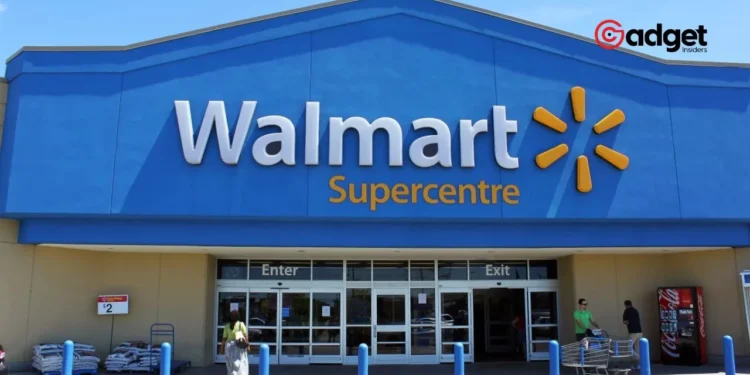Walmart, already the leading grocer in the U.S. by revenue, has announced the launch of a new grocery brand named Bettergoods, aimed at capturing the evolving tastes and wallet-friendly needs of today’s shoppers. As part of its strategy to sustain the growth it enjoyed during high inflation periods, Walmart is rolling out this new line which features chef-driven and trend-setting foods, all priced under $5.

Walmart’s Strategic Move to Attract Modern Shoppers
In an effort to retain the diverse customer base it has built up during times of economic squeeze, Walmart has introduced Bettergoods with an eye on younger and more affluent consumers.
According to Scott Morris, Senior Vice President of Private Brands, Food, and Consumables at Walmart U.S., the move came after customer feedback highlighted a demand for “elevated culinary, inspirational types of items” as well as healthier, plant-based products.
This new range promises to cater to those looking for gourmet yet affordable eating options.

Expanding the Private Label Arsenal
Walmart’s decision to bolster its private label offerings comes at a time when private label sales are seeing significant growth across the grocery industry. Notably, at Walmart’s own Sam’s Club, private labels account for around 30% of total sales. The launch of Bettergoods aims to build on this success, with a variety that spans frozen foods, dairy, and snacks. Shoppers can expect to find items like creamy corn jalapeño chowder, oat milk nondairy ice cream, and gluten- and antibiotic-free chicken nuggets within this line.
Walmart launches new grocery brand, as it tries to hang on to inflation-fueled growth
Walmart is launching a new grocery brand called Bettergoods.
More retailers are stepping up their private label offerings, as shoppers seek new flavors and lower prices. pic.twitter.com/dRgNLMuUda
— Convenience Store News. (@CStoreNews_) April 30, 2024
Addressing the Shift in Consumer Buying Habits
The introduction of Bettergoods is a response not only to direct consumer feedback but also to broader market trends. During the pandemic, shortages of national brand products prompted customers to try out retailers’ own brands. Subsequently, the sustained inflation has kept the momentum going for private labels, as seen with the popularity of brands like Costco’s Kirkland and the growing market share of chains like Aldi and Lidl that focus heavily on their own brands.
Moreover, the entire sector has witnessed a shift from basic private label items to more unique offerings. This is evidenced by initiatives from other major retailers, such as Target’s Good & Gather and Kroger’s Smart Way, which focus on affordability without compromising on creativity and quality.

Bettergoods: Positioned for the Future of Grocery Shopping
With nearly 60% of its U.S. sales derived from groceries, Walmart’s hefty investment in this sector is clear. The launch of Bettergoods is not just about expanding its product line but also about redefining how private labels are perceived in the competitive grocery market. By offering a blend of culinary innovation and health-conscious options at a lower cost, Walmart is strategically positioning itself to continue leading the market while meeting the nuanced needs of modern consumers.
As the grocery landscape continues to evolve, Walmart’s adaptive strategies and new offerings like Bettergoods may well set the benchmark for what shoppers can expect from private label brands in the future.










